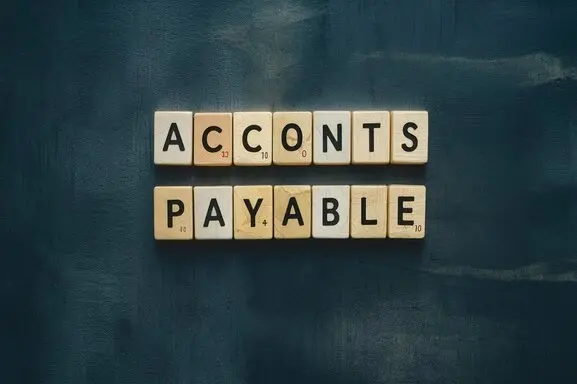Does Accounts Payable Have A Credit Balance?

Accounts payable (AP) is a critical component of business accounting, representing the amounts a company owes to its suppliers for goods and services received but not yet paid for. Understanding the nature of accounts payable, particularly whether it has a credit balance, is essential for anyone involved in financial management.
What is Accounts Payable?
Accounts payable is classified as a liability on a company's balance sheet. This means it reflects the company’s obligation to pay off short-term debts to its creditors. When a business purchases goods or services on credit, it incurs an obligation to pay, which is recorded in the accounts payable account.
Credit Balance Explained
Typically, accounts payable have a credit balance. This credit balance indicates that the company owes money to its suppliers. For example, if a company buys inventory worth $10,000 on credit, the accounts payable account will be credited by that amount, reflecting the liability incurred. When a payment is made to a supplier, the accounts payable account is debited, which decreases the credit balance. This transaction illustrates the fundamental principle of double-entry accounting, where every transaction affects at least two accounts. In this case, the cash account is credited to reflect the outflow of cash.
Why Does Accounts Payable Have a Credit Balance?
The credit balance in accounts payable is a normal part of business operations. It signifies that the company has not yet fulfilled its obligation to pay for the goods or services received. This arrangement allows businesses to manage cash flow effectively, as they can receive products and services without immediate payment.
Situations Leading to Deviations
While accounts payable typically have a credit balance, there are situations where it may show a debit balance. This can occur if a company accidentally overpays a supplier or if there are returns of goods previously purchased. In such cases, the accounts payable account may reflect a debit balance, indicating that the company is owed money rather than owing money.
Conclusion
In summary, accounts payable usually have a credit balance, reflecting the amounts owed to suppliers. This credit balance is a normal aspect of business operations, enabling companies to manage their cash flow effectively. Understanding this concept is vital for accurate financial reporting and management.
Contact Us Today for Tailored Accounts Payable Solutions.

